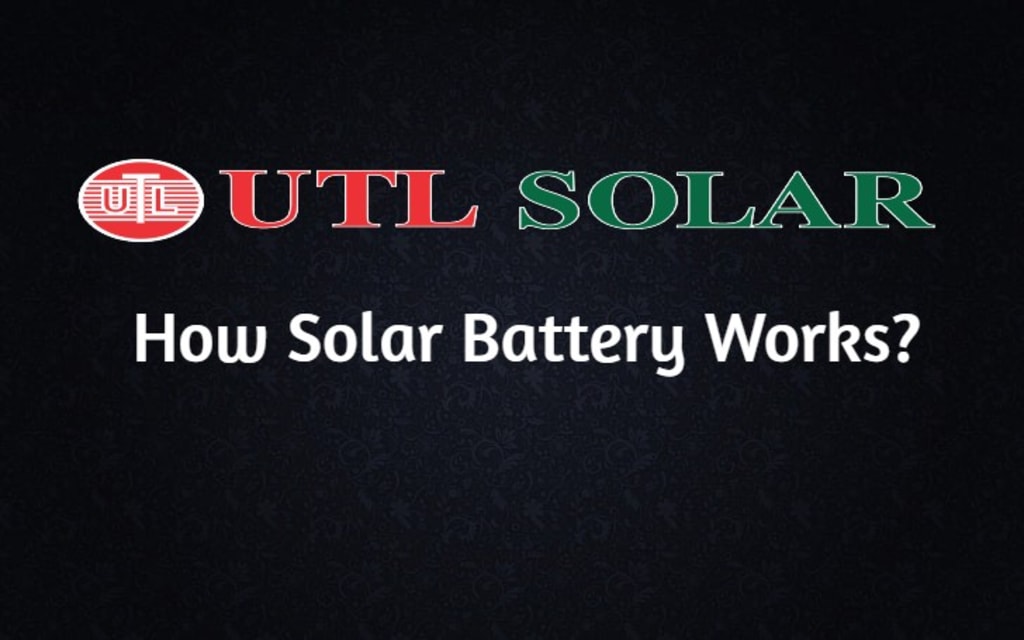
A solar battery is a type of battery that is specifically designed to store the excess electricity generated by a solar energy system, allowing homeowners to use the stored electricity at night or during other times when the solar panels are not able to generate electricity. Understanding how a solar battery works is important for homeowners who are considering a solar energy system for their home.
A solar battery works by storing the excess electricity generated by the solar panels during the day. This stored electricity can then be used at night or during other times when the solar panels are not able to generate electricity. There are several different types of solar batteries available on the market today, each with their own unique features and benefits. There are three most common types of solar batteries available in the market which are:
- Lead-acid Batteries
- Lithium-ion Batteries
- Flow Batteries
Lead-acid batteries are the most common type of solar battery. They are relatively inexpensive and have been around for many years. They work by storing the excess electricity generated by the solar panels in lead plates that are submerged in an electrolyte solution. The lead plates store the electricity in the form of a chemical reaction. When the stored electricity is needed, the lead plates release the stored electricity back into the system in the form of direct current (DC) electricity.
Lithium-ion batteries are a newer type of solar battery. They are more expensive than lead-acid batteries, but they have a longer lifespan and require less maintenance. They work by storing the excess electricity generated by the solar panels in lithium-ion cells. The lithium-ion cells store the electricity in the form of a chemical reaction. When the stored electricity is needed, the lithium-ion cells release the stored electricity back into the system in the form of direct current (DC) electricity.
Flow batteries are a relatively new type of solar battery. They are similar to lithium-ion batteries in that they have a longer lifespan and require less maintenance, but they are even more efficient and have an even higher energy density. They work by storing the excess electricity generated by the solar panels in two tanks of liquid electrolyte. The liquid electrolyte stores the electricity in the form of a chemical reaction. When the stored electricity is needed, the liquid electrolyte releases the stored electricity back into the system in the form of direct current (DC) electricity.
It's also important to note that a solar battery can be used in conjunction with a solar energy system in order to provide a reliable source of electricity at night and during other times when the solar panels are not able to generate electricity. It can also be used to take advantage of time-of-use rates, which can result in even more cost savings. Additionally, a solar battery can provide power during a power outage, which can provide peace of mind for homeowners.
Conclusion
A solar battery is a type of battery that is specifically designed to store the excess electricity generated by a solar energy system, allowing homeowners to use the stored electricity at night or during other times when the solar panels are not able to generate electricity. There are several different types of solar batteries available on the market today, each with their own unique features and benefits.
- Lead-acid batteries are the most common type of solar battery and are relatively inexpensive.
- Lithium-ion batteries are a newer type of solar battery, more expensive but have longer lifespan and require less maintenance.
- Flow batteries are a newer type of solar battery and are similar to lithium-ion batteries in that they have a longer lifespan and require less maintenance, but they are even more efficient and have an even higher.





Comments
There are no comments for this story
Be the first to respond and start the conversation.